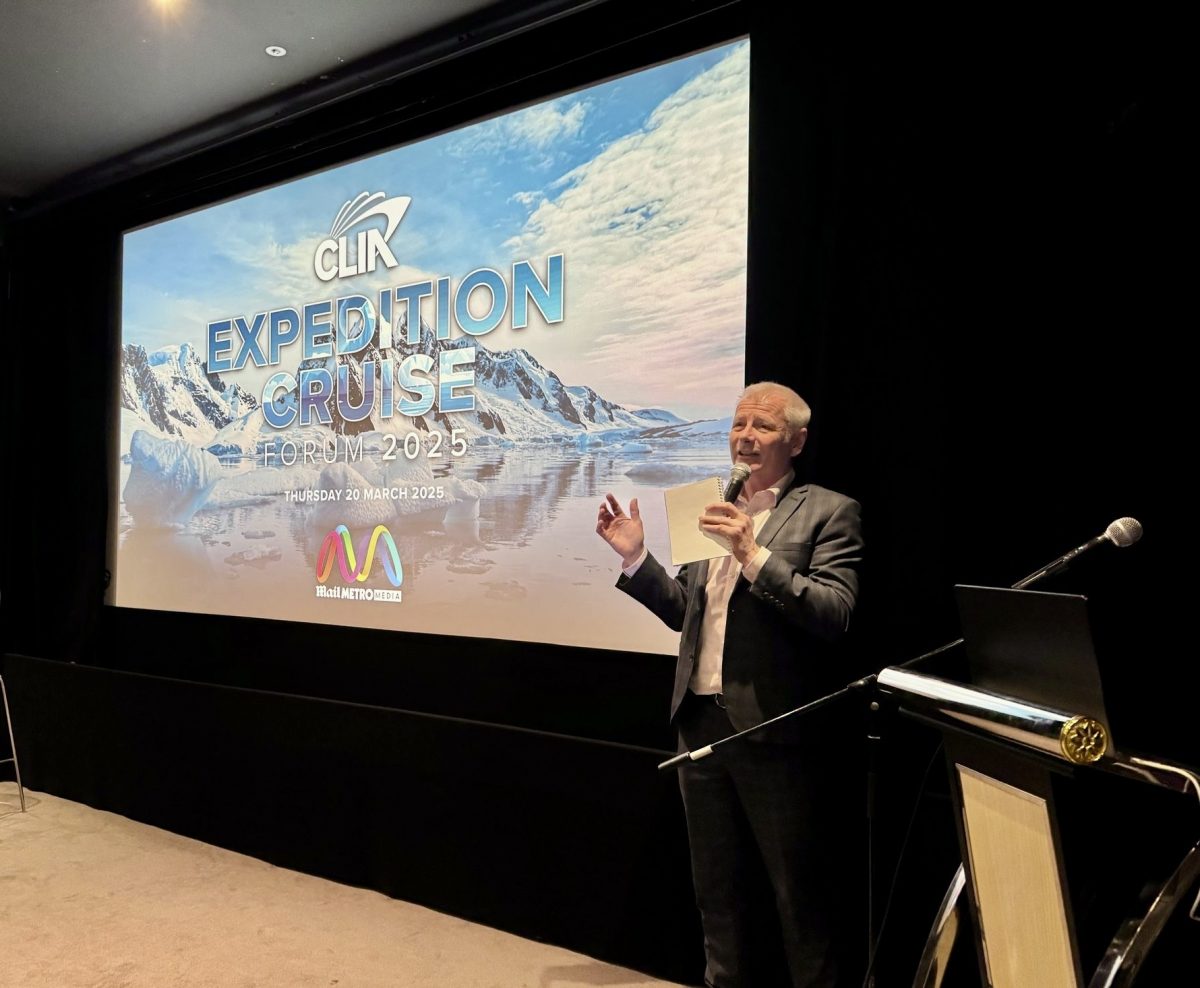Operators stand up to online competition
CIMTIG Debate Special: The fact that online travel bookings are growing was not disputed by anyone on the panel discussing the rise of self-packaging and the future of tour operators, but representatives from tour operators said there is still room for everyone. A presentation from Goldman Sachs executive director global investment research, Richard Chamberlain outlined the results from the widely reputed Goldman Sachs survey undertaken in April last year. The survey found that self-packaged holidays were around 22% cheaper than pre-packaged holidays in 35% of cases. It is important to mention that the extras that come with a packaged holiday, like holiday reps at the resort and airport transfers (when they are included) were not considered when the holiday prices were compared. A later survey undertaken by Goldman Sachs in September asked consumers what their priorities were when booking holidays. Brand, strength of currency against the pound, and consumer protection were low priorities, and destination and price were the two highest. First Choice Holidays managing director UK and Ireland, Dermot Blastland rubbished the survey, saying that First Choice would be out of the market if its holidays were overpriced. He said: “You can’t beat package holidays on price, convenience, and financial protection.” Mr Blastland argued that online agents were at a distinct disadvantage because they don’t own their own aircraft, have exclusive accommodation, brand recognition or staff in the resort. In a cheeky dig at one of the major online players at the beginning of his speech, Mr Blastland said to the audience: “If you’ve got shares in lastminute then get rid of them now – the penny will drop eventually.” Also defending packaged holidays was Paul Cowgill, director of Drivelinegolf. He said: “Self packaging won’t hit the specialists. Specialists are going to be ok so long as we stick to what we are good at.” He said self-packaging does not work for specialists because the product and booking process is too complex and requires personal input. But he added: “I don’t see how the major operators can survive when suppliers can present product direct to the mainstream audience through channels like the internet.” Mr Chamberlain said capacity management remains the main driver for operators: “Historically capacity issues have determined operational and stock price performance.” “I am not here to sound the death knell of the package holiday” he said. Mr Chamberlain said operators have reacted to the online threat in different ways. He said TUI and MyTravel had launched no-frills carriers, while First Choice had decided to focus on specialist brands, and both First Choice and TUI were developing capabilities to sell hotel rooms direct. And in his summary Mr Chamberlain left room in the market for most of the main players by saying that operators with any of the following characteristics could survive: -Higher margin, high return products (specialist). -Operational flexibility to cope with demand shocks. -Maintenance of such a strong position in the mass market that the operator can survive dips in demand. The CIMTIG debate entitled, “Self packaging, will major tour operators survive?”, was held at the Kingsway Hall Hotel in London on 20 January. The next debate, whose media sponsor is TravelMole.com, tackles the issue of technology in the industry and whether it is being efficiently used. It is on 11 February at the same venue. For details go to www.cimtig.org .
 United Kingdom
United Kingdom United States
United States Asia Pacific
Asia Pacific











































EU entry-exit system delayed again
Jet2 unveils Samos as new Greek destination for summer 2026
Carnival Cruise Line hosts Prague getaway for Fun Ambassadors
US tourism hit with UK, Germany travel warnings
Council moves to designate Forest of Dean a Biosphere